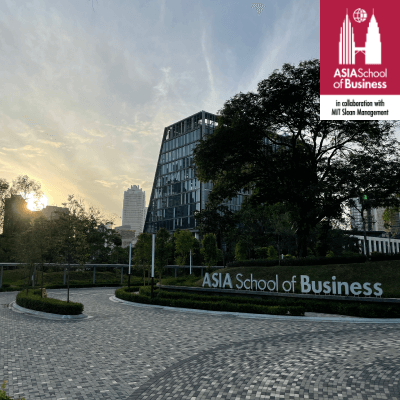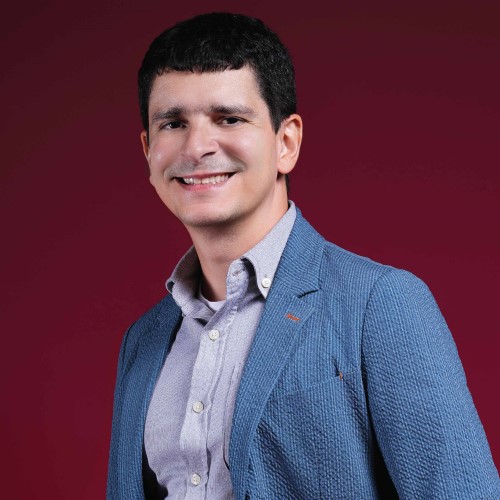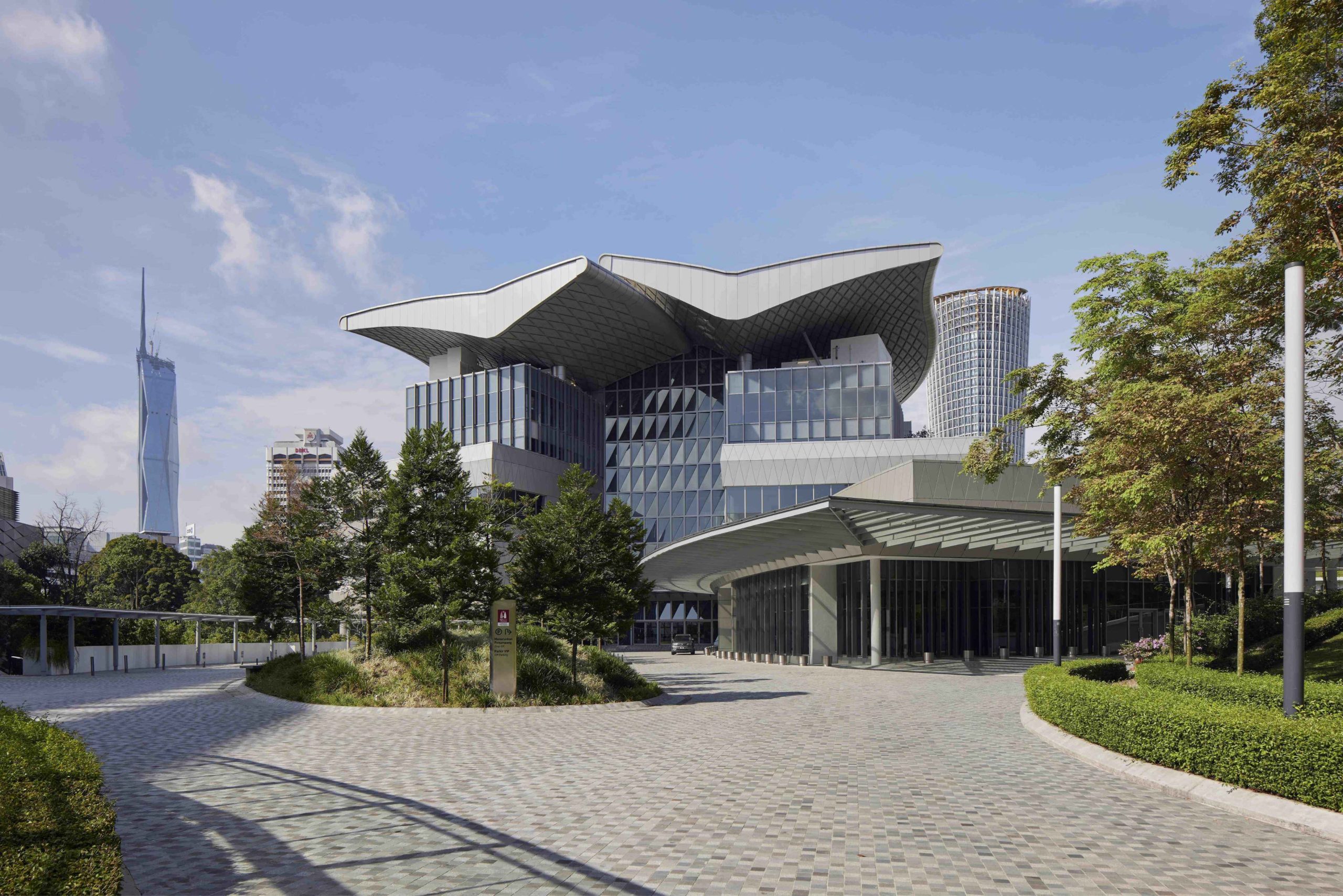- About

Established in 2015 in collaboration with MIT Sloan Management, our vision is to be a global knowledge hub, with regional insights from Asia and the emerging world.
- Faculty & Research

ASB’s research centers conduct impactful research in emerging markets, business strategies, technology, and sustainability. Together, they foster innovation in the business landscape.
- Academics

The ASB curriculum seamlessly integrates MIT Sloan’s rigor with the strategic insights of Asia. With MIT Sloan Immersion and Industry Treks, it immerses future leaders in a diverse range of industries.
- ACE

ASB has launched Agile Continuous Education (ACE), a granular set of hybrid courses that are designed to keep professionals at the forefront of their fields.
- Executive Education
- Corporate

ASB excels through dynamic collaborations, addressing business challenges with innovation, built on robust partnerships.

Closed
Date
N/A
Time
RM 3,000*
Program Fee
N/A
Format
Overview
Gain a big-picture understanding of political dynamics and how it affects global businesses, helping to shape your nonmarket strategy. This course is designed to equip you with a fresh lens from which to understand the risks and opportunities that political dynamics presents, and with the confidence to make decisions as a smart and savvy global leader.
For business leaders in global organizations, nonmarket strategy is as important as market strategy. This goes beyond a business’ strategy and activities in the marketplace, and focuses on the political and social arenas.
In the World Bank’s Global Investment Competitiveness Report 2017/2018, a survey of 750 top executives found that political stability, security, and macroeconomic conditions are the top drivers of investment decisions.
This outranks factors such as market size, available labor force, infrastructure, and tax rates. Political and social unrest affects exchange rates, business plans, investment decisions, and holds many other economic implications for firms.
In Navigating Political Dynamics in International Business, leaders at all levels will gain the tools and knowledge to understand how political risks affect a firm – and how to navigate through them. You’ll learn about the (IA) 3 Framework for nonmarket strategy, developed by David Bach and David Allen, and apply it to social and political issues faced by your industry.
Drawing on classic case studies taught globally, combined with emerging world case studies from Asia, Latin America, and Africa developed uniquely for this course, and interactive discussions, this intense, accelerated course will equip participants with the essentials of nonmarket strategy.

- The importance of political dynamics: Emerging markets versus developed markets
- Sources of political risks to investments
- How political dynamics plays out in different industries
- Putting it all together: applying the (IA)3 framework to develop your nonmarket strategy
- Recent graduates or those considering an MBA
- Mid- to Senior career professionals
- C-Suite, Board Members, and Business Owners

Renato Lima de Oliveira
Deputy Dean of Student Journey,
Associate Professor II of Management,
Faculty Director of Center for Technology, Strategy & Sustainability (CTSS),
Research Affiliate at MIT
Faculty Profile
His research area is on the political economy of development and state-business relations, particularly in the areas of industrial and innovation policies, and energy politics. He has also worked as a consultant for energy, environment, and politics. At ASB, he teaches courses on international business, energy markets, and advises Action Learning projects.
His PhD dissertation work analyzed the development of the oil industry and the local supply chain in Brazil, Malaysia, and Mexico, such as and the policies used for industrial upgrading and the promotion of innovation. His research has appeared in journals like Comparative Political Studies and edited collections published by Oxford University Press, Routledge, and others.
Professor Renato has worked as a consultant for energy, environment, and politics, including assignments for the Ministry of Energy of Mexico and the World Bank. Outside of his research and teaching activities, Professor Renato has worked before as a business reporter in Brazil with experience in newspaper, TV and radio.
Lima de Oliveira received his PhD in Political Science from MIT. He holds a MA in Latin American Studies from the University of Illinois at Urbana-Champaign (UIUC) and a bachelor’s degree in communication from the Federal University of Pernambuco (UFPE).
He is also a research affiliate at the MIT Industrial Performance Center (IPC) and a fellow at the Institute for Democracy and Economic Affairs (IDEAS-Malaysia). More about his research and professional activities can be found at the website www.lima-de-oliveira.com.
Connect with us to start
Navigating Political Dynamics in International Business
RM 3,000*

RM3,000.00
Program Fee